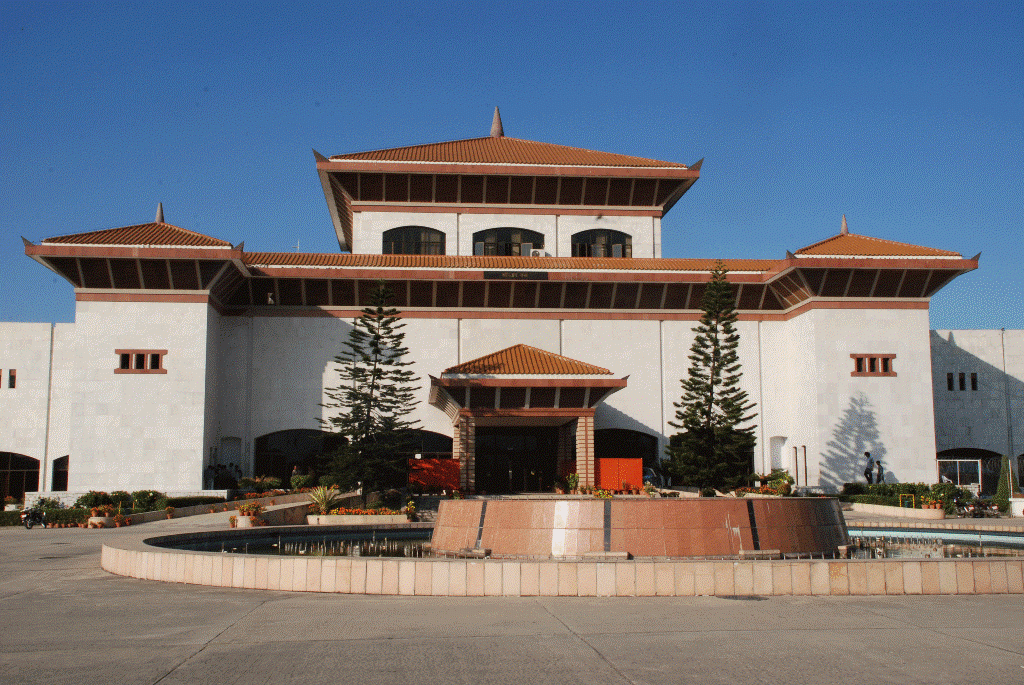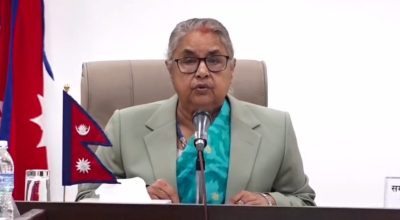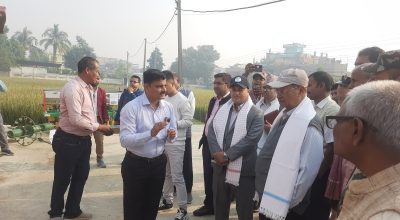
Kathmandu, Aug 30: Members of Law, Justice and Human Rights have drawn attention of their Committee President towards the current national affairs and issues including the judiciary’s verdict on the private telecom operator Ncell’s tax issue.
During the meeting of Committee held on Friday, Committee member Sanjaya Kumar Gautam said, “The judiciary has determined the tax liability in the case of Ncell.
This Committee should be serious about such issues as it would set a wrong precedent if the court goes on to determine the tax liability. We should be cognizant of the jurisdiction and limitations of the judiciary.”
Other members raised their queries and concerns on the part of the court’s decision whether the verdicts produced from the court were uniform in nature and about different sort of verdicts pronounced in the similar kind of cases.
Stating that the Committee understands that the judiciary was the system of court that interprets and applies the law in the name of the State, Committee President Krisha Bhakta Pokharel said the act of keeping a vigil over judiciary and reacting on its verdicts and orders was against the principle of separation of powers.
President Pokharel pledged that the Committee will take the concerns and queries of the public regarding judiciary into serious consideration and the next meeting of the Committee will dwell on these issues.”
Pokharel clarified that the issues that would weaken the independent judiciary will never be broached in the parliament and parliamentary committees for deliberation. Hence, he argued, the constructive criticism in connection to the performance of the judiciary would never fall under the contempt of court.
Responding to the queries, the Committee President said,” The Judiciary should not feel belittled and weak if there were any constructive criticisms about it. Creative criticism instead gives impetus to grow and be stronger.”
According to him, parliamentarian Gautam’s opinion presented in the meeting had spoken of the concern of all other members in the Committee.
The Committee will conduct a serious study whether the amendments made by the government on the Evidence Act-2031 BS was in compliance with the constitution of Nepal and precedent sets and international practice.
The subsequent meetings of the Committee will hold an intensive discussion on the issues pertaining to judiciary, its jurisdiction and limitations.
He clarified that since the Committee could study the verdicts of the court and its delivery of justice and Committee could glean information of the verdicts of the country to forge an independent viewpoint on them, which the Committee was constitutionally bestowed with.
The Committee will set its sight on the issues of human rights of the inmates in near future too.
Committee members Dev Prasad Gurung and Laxman Lal Karna stressed the need for holding serious discussion in the committee to forge common viewpoint on the issues as Ncell tax and human rights condition in prison.













